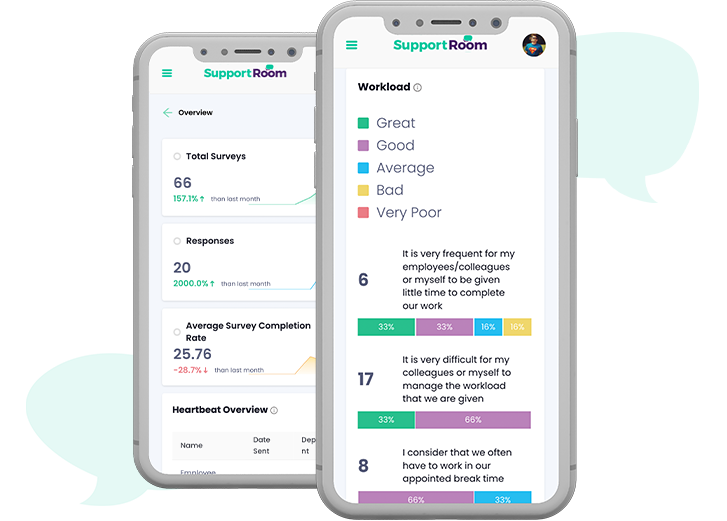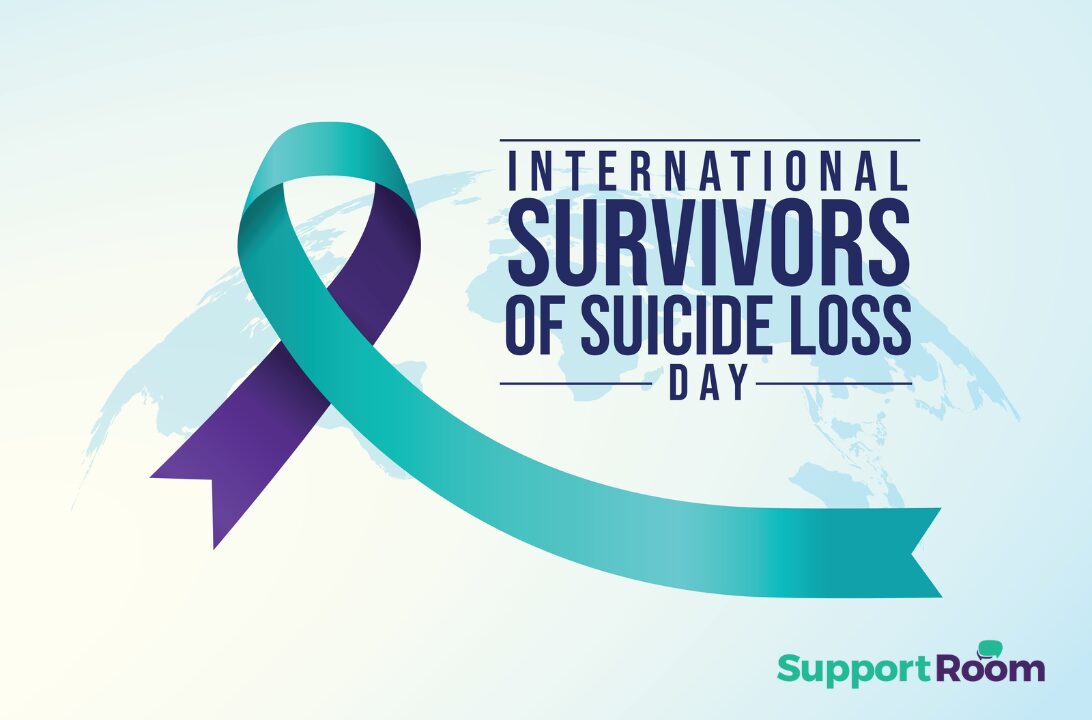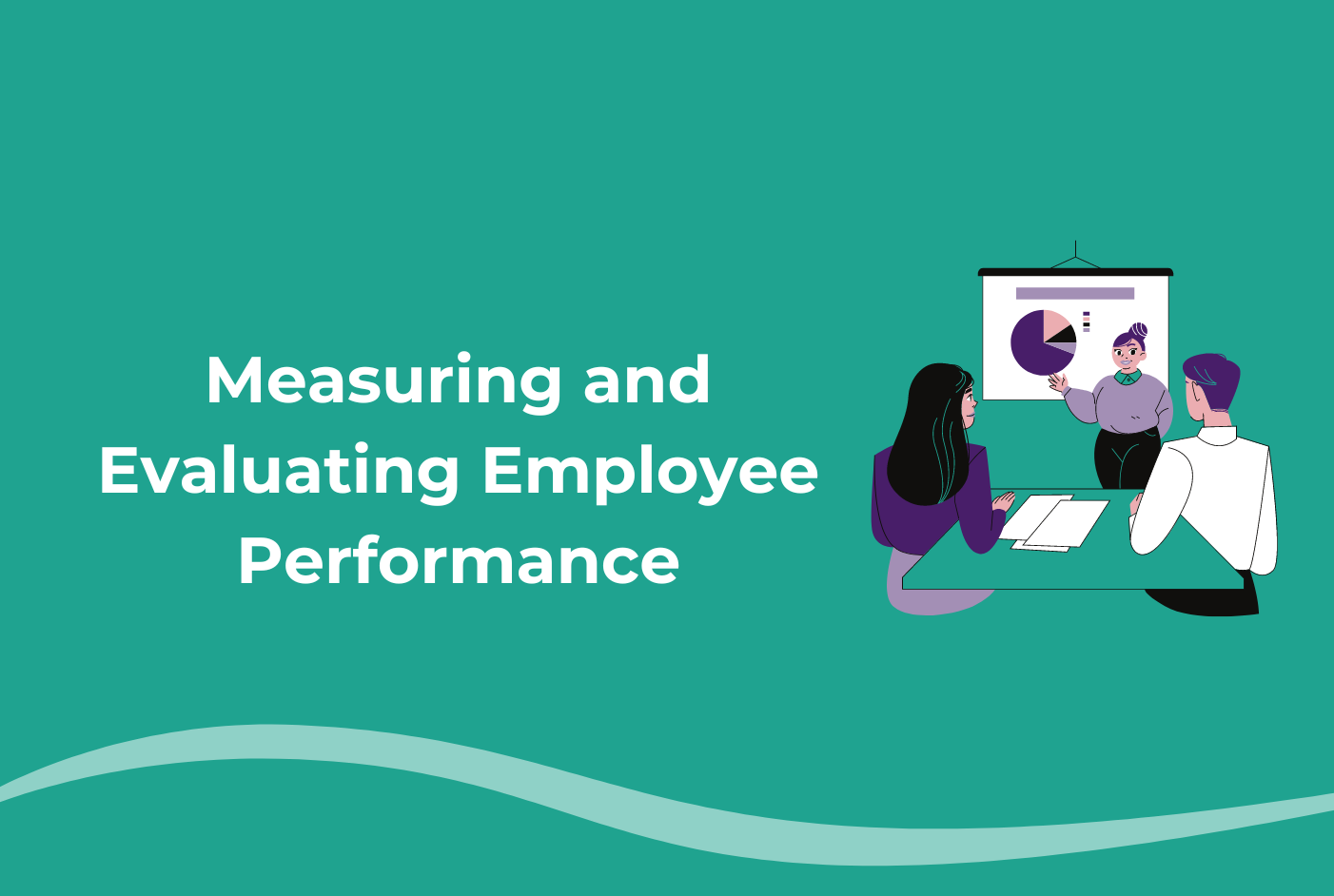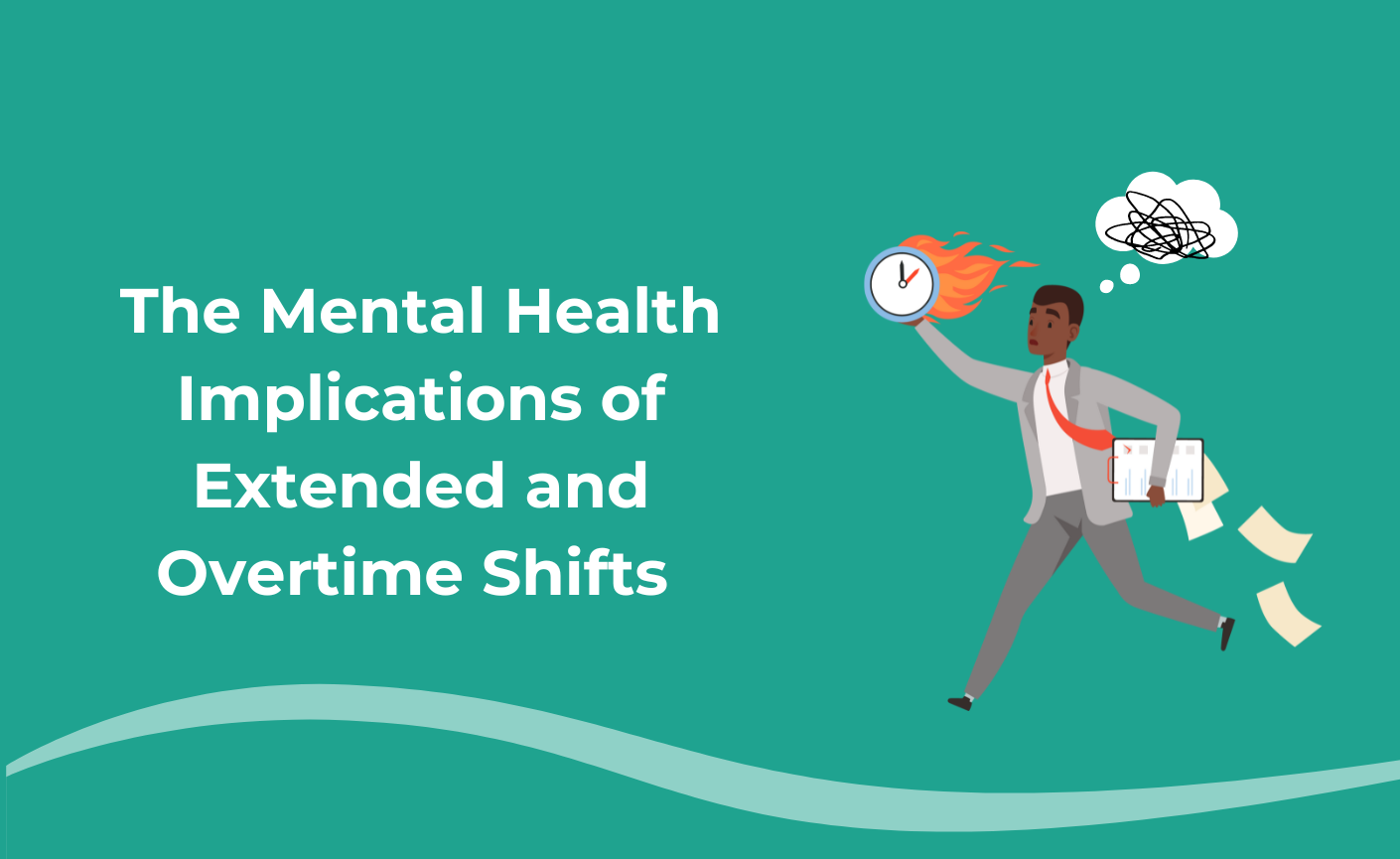When someone dies by suicide, the heartbreak extends beyond the individual—leaving an enduring impact on those who remain. Family members, friends, colleagues, and communities are often left with a complex web of emotions, grappling with grief, confusion, and profound loss. The silence around suicide loss can be just as devastating as the act itself, isolating survivors in their grief and, often, in an overwhelming sense of guilt and unanswered questions.
This blog seeks to shine a light on the journey of suicide loss survivors, honouring their resilience and acknowledging the unique challenges they face in navigating life after loss.
The Unique Grief of Suicide Loss
All loss is painful, but grief following suicide is often intensified by emotions that are both complicated and conflicting. Many survivors experience what mental health professionals call “complicated grief,” marked by guilt, shame, anger, and even feelings of rejection or abandonment. These emotions can be cyclical, coming in waves that may feel unending and unpredictable.
Suicide loss survivors often grapple with a haunting “why,” replaying events, conversations, and signs they may have missed, in search of answers that may never come. The human mind tries to make sense of the tragedy, but suicide often defies explanation, leaving survivors with a painful paradox: the need for closure in the face of something inherently unknowable.
The Stigma and Taboo of Survivor Guilt
One of the heaviest burdens survivors carry is guilt. They may question if they could have done more or if they missed warning signs. This “survivor guilt” can feel overwhelming, especially in a society that still struggles to talk openly about suicide. Unfortunately, stigma and taboo around suicide can leave survivors feeling that their grief is somehow invalid, intensifying feelings of shame and isolation.
Mental health professionals emphasise that survivor guilt, while natural, is rooted in the misconception that we have control over others’ actions. Suicide is often the result of complex mental health struggles, and no single event or person can take full responsibility. Understanding this intellectually doesn’t always relieve emotional pain, but for many, finding supportive communities or speaking with mental health professionals can help untangle the web of guilt and shame.
Life After Loss: Navigating the Path Forward
For suicide loss survivors, healing is a deeply personal journey. The grief never truly “ends,” but with time and support, it becomes possible to move forward. Experts recommend survivors prioritise self-compassion and reach out for support, whether through therapy, support groups, or even trusted friends. Talking openly about their experience in safe environments can help dismantle the stigma and foster a sense of connection with others who understand their pain.
It’s also important to recognise that grief looks different for everyone. Some may find solace in creating memorials, raising awareness, or honouring their loved one’s memory through community engagement. Others may need quiet reflection, taking time away from certain triggers or reminders. However survivors choose to navigate their path, it’s crucial to remember there is no “right” way to grieve.
Finding Support and Community
At SupportRoom, we understand the importance of a compassionate and non-judgmental approach to supporting those affected by suicide loss. Our mental health services offer survivors a safe space to express their grief, work through guilt, and find coping strategies that honour their journey. We believe that no one should have to carry the weight of loss alone, and we are here to provide support every step of the way.
By making SupportRoom available to employees, companies can foster an environment where individuals feel empowered to understand and cope with the aftermath of suicide loss. The platform offers confidential resources that help build resilience and equip people to support both themselves and their colleagues through these challenging times.
A Call to Compassion: Standing with Suicide Loss Survivors
Losing someone to suicide is a unique and profound heartbreak, but survivors should never have to walk this journey alone. It is time we break the silence surrounding suicide loss and make space for open, compassionate conversations about grief, guilt, and healing.
This November, let’s honour those affected by suicide not only by raising awareness but by actively supporting the people they left behind. Let’s create a world where survivors feel seen, understood, and free from shame—a world where healing is a shared journey and no one has to suffer in silence.

Gain FREE access to Heartbeat
Get a free Heartbeat Survey.
Let us uncover the true state of your team’s wellbeing with a free mental health survey for your entire organisation.
Gain valuable insights to see how you can better support your team’s mental health and performance.
No pitch. No credit card required.





